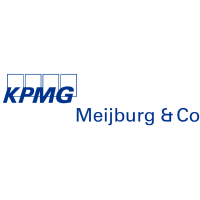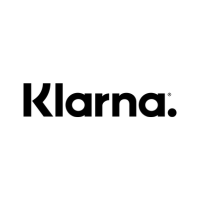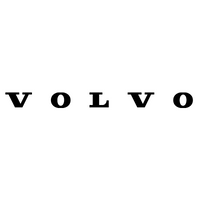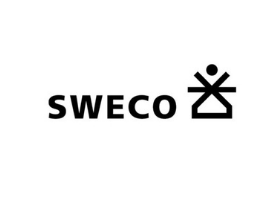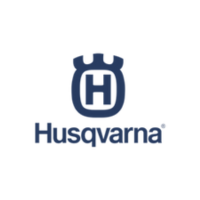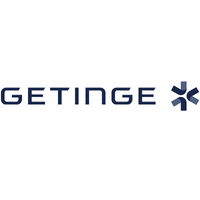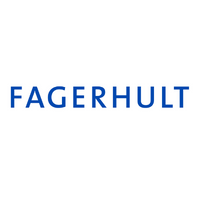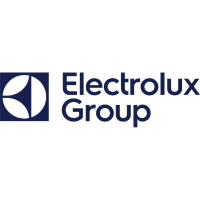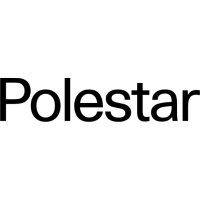
One by one, the staff at the Swedish Embassy of the Netherlands are returning from their vacations to the office in central the Hague. The summer break was well needed after an intense spring semester, when the Swedish presidency of the EU significantly ramped up the level of work. At the same time, we are in a turbulent phase in Dutch politics and a challenging context for Swedish foreign policy. Swedish Chamber Insights sat down with H.E. Ambassador Johannes Oljelund to gain insights on his reflections from this intense period, and to hear more about his view on the future of Swedish-Dutch relations.
H.E. Ambassador Johannes Oljelund punctually enters our Zoom meeting with an energetic smile and greets us by jokingly saying that he himself feels like a member of the Swedish Chamber team too. He recently returned to the Netherlands after a few weeks’ vacation back in Sweden, where he spent most of his time out in nature or reading. Now, he feels excited to be back at the office and getting back to work at the Embassy.
Ambassador Oljelund attained the position of Ambassador in 2021, coming with experience from the Ministry of Foreign Affairs, service at embassies in Tallinn and Pretoria, and previous peacebuilding work with the UN.
During the spring of 2023, Sweden held the presidency of the Council of the European Union. The four priorities of the Swedish presidency were unity in security, competitiveness, green energy transition, and democratic values. Carrying the presidency does not only entail leading the Council on location in Brussels but is a responsibility that stretches into all diplomatic functions of a member state. The Swedish Embassy in the Netherlands was no exception, and the first six months of 2023 saw a significantly heightened activity.
Throughout the Swedish EU presidency, Ambassador Oljelund and the Embassy have engaged in close dialogue on EU affairs with the Dutch Government and hosted many ministers at the ambassador’s residence in The Hague. There have also been many incoming visits to the Netherlands from Sweden, including all Swedish deputy ministers at once for a couple of intense days. A few meetings that stand out to Ambassador Oljelund were discussing the European economy with the Head of the Dutch Central Bank Klaas Knot, and bonding over a shared Swedish heritage with the Dutch Minister of Defense Kajsa Ollongren. Moreover, Ambassador Oljelund humbly describes it as a special experience to have hosted the Prime Minister of the Netherlands, Mark Rutte, for lunch at his residence.

Picture 1. H.E. Ambassador Johannes Oljelund and Mark Rutte, Prime Minister of the Netherlands. Picture 2. H.E. Ambassador Johannes Oljelund with the ambassadors of EU member states and Mark Rutte, Prime Minister of the Netherlands. Picture 3. H.E. Ambassador Johannes Oljelund with Rob Jetten, Minister for Climate and Energy of the Netherlands.
So, what impact does it have to meet the political leadership of the country in which one carries the primary diplomatic responsibility? Ambassador Oljelund says that the opportunity for building personal relations matters significantly:
“There are limits to what a mere ambassador can expect in terms of relations to members of government, of course. The role as EU presidency makes it a little easier. Importantly, it is not only about what we create as an embassy in terms of our relations to the Dutch government, but also how we are able to forge closer ties between our Government and the Government in the Netherlands. I think, there we have been successful.”
It is with a smile that Ambassador Oljelund describes it as bittersweet to watch the rapid changes in Dutch politics unfold, as one after another the prominent leaders announce their plans to leave politics. The challenge of building new relations with the ones elected to take over the Dutch political leadership is met with a lighthearted sense of humor: “At least still work left for us to do. Besides, old contacts can always reappear in new contexts.”
In addition to what the presidency has meant for the Embassy’s diplomatic work, Ambassador Oljelund considers it to have been a valuable team-building experience for the whole Embassy. The shared overall focus sparked a sense of unity in purpose, which lives on through an excitement to get back to work after the summer. Ambassador Oljelund compares it with the start of a new school year, and he is especially enthusiastic about Björn Jönsson being a new member of the team. Jönsson has started at the Embassy as Counsellor for EU Affairs and Trade Promotion. This gives him a key role in collaboration with the Swedish Chamber of Commerce.
The Swedish Embassy in The Hague has been in action since diplomatic relations were first formalized. Its historical roots date back to 1614, making the embassy in the Netherlands the longest-running Swedish Embassy in the world. Ambassador Oljelund emphasizes that the cooperation between Sweden and the Netherlands is very strong and points to a similar economic structure, political system, values, and shared sense of direction as underlying factors. The long history of collaboration between the two states also matters, including in the highly relevant field of security and defense politics. Furthermore, The Hague is a hub for international political institutions like the ICC and the OPCW, where Sweden and The Netherlands also cooperate closely.
In Ambassador Oljelund’s opinion, these alignments could only be further strengthened by a potential future Swedish membership of the NATO alliance, of which the Netherlands is one of the twelve founding states:
“One of the most fundamental things that makes NATO different is that the organization and its members prepare and plan for joint defense. That is quite different [compared to other military cooperation initiatives] and it means a lot deeper integration of security. Of course, this results both in opportunities for much closer cooperation with the Netherlands, and I am sure it also opens for even better business opportunities in the field of security.”
Ambassador Oljelund further mentions the security industry as a field where he expects more investments and therefore sees possibilities for closer ties and opportunities for Swedish companies to make important international deals. He goes on to say that the situation in Ukraine has made Europe, the Netherlands, and Sweden more aware of the need to deepen cooperation on defense industry issues. There are already good examples, one such being the cooperation between Swedish Saab Kockums and the Dutch Damen Shipyards Group.
Despite the many natural alignments between the two states, Ambassador Oljelund emphasizes that one must never become complacent.
“I would fundamentally say that Sweden and the Netherlands are on the same page as open, competitive, trade-oriented economies. At the same time there is currently a debate ongoing in Europe on state subsidies, protection of certain industries, limitations to trade and so on. It is key to follow and influence this discussion. I see this as highly relevant for the Chamber, its members and the Embassy going forward.”
Sweden’s exports currently find their seventh-largest market in the Netherlands, amounting to 94 billion SEK, while imports from the Netherlands rank third at 206 billion SEK. This reflects how important it is for Sweden to follow developments in the Dutch market, and how Swedish companies in the Netherlands perceive their future. To learn more about this, Team Sweden and the Swedish Chamber of Commerce make a collaborative effort to conduct the Business Climate Survey in the Netherlands yearly. The survey aims to disclose how Swedish companies are doing in the Netherlands and learn more about the opportunities and challenges in the Dutch market.
Ambassador Oljelund describes the recent survey as a useful instrument for a deeper understanding of Swedish companies’ needs, which he hopes can be increasingly used as a basis for policymaking and for the political dialogue with Dutch officials.
“The reflections from members after the survey are very important – to see how the market is perceived, to understand their real challenge, and hear what should be done and what needs to be changed.”
Following this, Ambassador Oljelund hopes that the results of the newly launched Business Climate Survey the Netherlands 2023 will lead to “lively discussion on policy recommendations that the companies see”. As a start, Ambassador Oljelund will attend the Business Climate Survey the Netherlands 2023 presentation which takes place at the Embassy later this week. At this event, he will share his own perspectives on the survey, meet companies, and discuss the results with attendees.
The Swedish Chamber looks forward to continuous collaborations with the Embassy, and to seeing Ambassador Oljelund at upcoming flagship events such as #NordicTalks2023, and the Innovation & Sustainability Summit in December. Swedish Chambers Insights with Ambassador Oljelund reflects a few of the many topics he is now returning to after his summer holiday. Characteristically so, his best read of the summer was the new and uniquely critical biography about Dag Hammarskjöld Helgon och Maktspelare, written by the former ambassador and diplomat colleague Staffan Carlsson. At the end of our conversation, it seems evident that Ambassador Oljelund never fully leaves his passion for the diplomatic profession.
Written by Alexandra Gummesson for Swedish Chamber Insights













